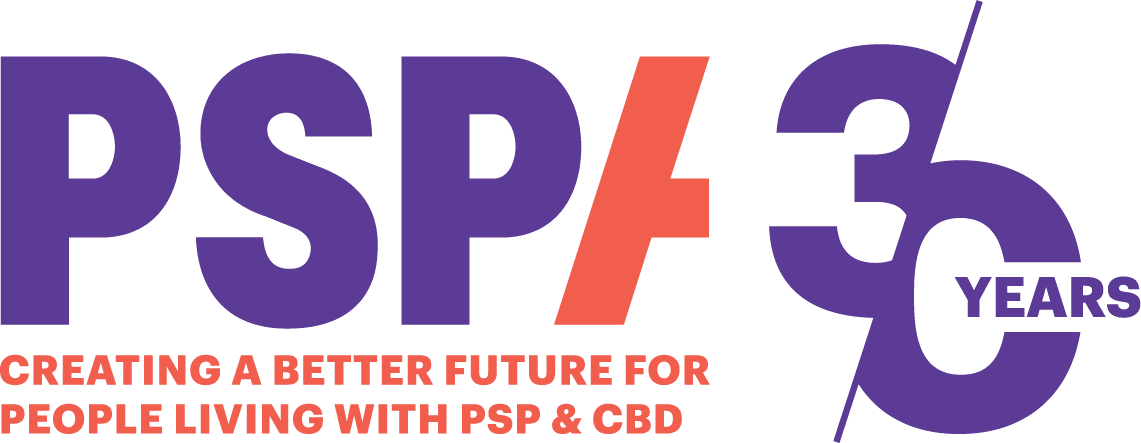I was 12 when my grandmother was diagnosed with PSP.
My grandmother had been showing signs something wasn’t quite right, for three to four years prior to her diagnosis.
Initially, my grandmother started to struggle with her balance and speech. She was stuttering regularly and seemed to struggle to express herself. She also kept falling over.
During that time, doctors were diagnosing a series of mini strokes, largely due to the issues she was experiencing with speech and balance.
The correct diagnosis of PSP came in 2010 after her symptoms began to progress further and she was referred to a specialist in London.
Unfortunately, by that point, my grandmother’s symptoms were progressing fairly rapidly. She was using a wheelchair to try and limit any risk to falls, her gaze started to show signs of being fixed and her speech had deteriorated further. She was slurring and repeating herself, so having a conversation with her was quite difficult. Speech therapy was tried, but didn’t help because my grandmother had progressed too far by that point.
She lost her ability to eat ‘normal’ food quite early on, and was first eating a soft diet before being PEG fed.
Both my grandparents were doctors themselves, so at first, they did try to handle it all by themselves. Luckily, my grandmother and grandfather lived next door so help was easily on hand when they did need it.
As her symptoms progressed, my grandmother did have two carers, one during the day and one at night. She was also moved downstairs to sleep in a hospital bed. She had a hoist to help get her out of bed and either into her wheelchair or a chair to sit.
Three years following her diagnosis, my grandmother started to have a lot of infections. Unfortunately, it was thought to have been pneumonia that cause her death in 2015.
Although I was really young when my grandmother was ill, I was aware of her symptoms progressing quickly. And knew my parents struggled with the fact PSP is so unknown, even the doctors and carers had little knowledge of the disease.
My parents found PSPA later in my grandmother’s illness, but did find the website information and magazine useful. And their support led to me signing up to run the London Marathon for them in 2021. I was due to run this year, however I postponed due to the final exams for my degree.
As I progressed through education and chose biochemistry for my degree at the University of Exeter, the lack of knowledge and understanding of PSP led to my decision to chose it as my focus for my dissertation. Most of my classmates were choosing cancer as a topic, but due to the recent progression in research, PSP felt more topical and it gave me a great opportunity to look more into the disease.
To gain information for my dissertation, I was granted access to my grandmother’s medical notes and I read lots of information and articles on the PSPA website, in medical journals and in text books. I also spoke to tutors at university and family friends who work in the medical profession.
The fact there were so many phenotypes of PSP was most interesting to me during my research. Looking at the characteristics of the different phenotypes, it also allowed me to compare to my grandmother’s symptoms, and it has led me to believe she had PSP-SL (PSP with primary progressive apraxia of speech or non-fluent variant of progressive aphasia), because of the severe issues she experienced with her speech.
The biggest challenge I found during my research, was due to the fact PSP is so rare. This means research has been limited until recently, and because not many patients are eligible to take part in clinical trials, low numbers can mean results are often inconclusive or provide too small a sample to base findings on. There were also limited articles to help me confirm facts.
I was pleased to gain a first for my dissertation and although previously, I was looking into a career in finance, the work I completed for this project has inspired me to apply for a Master degree. In September I began a Master Degree in Immunity and Infection at UCL. I’m also hoping to gain some research work experience to help progress my understanding of PSP and research as a career.

